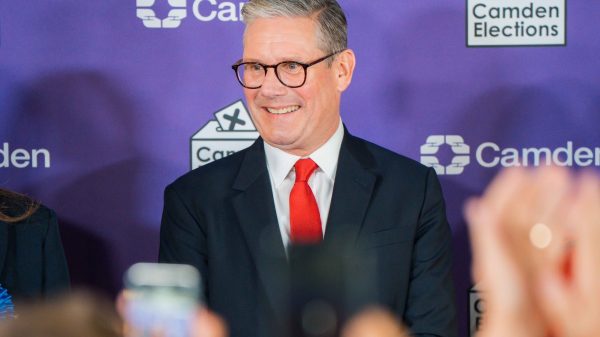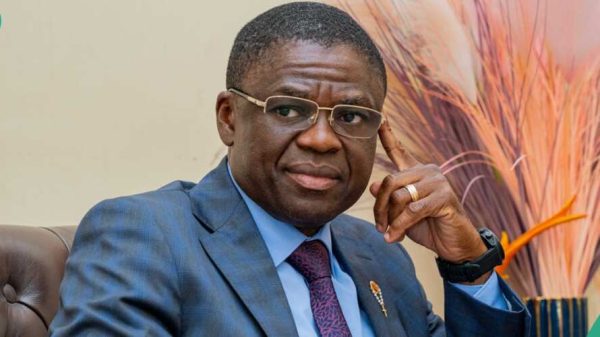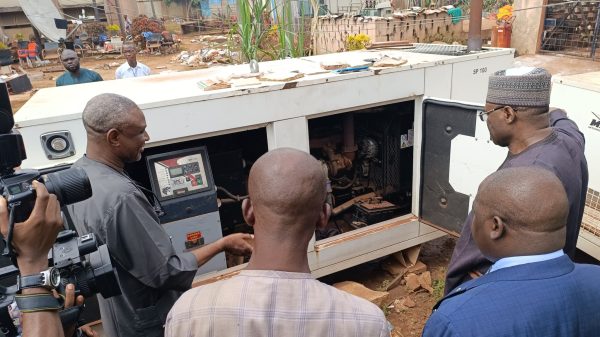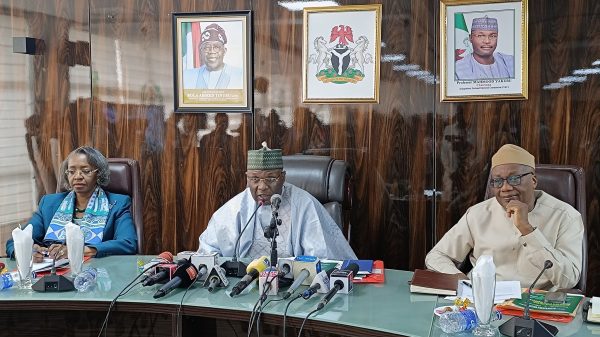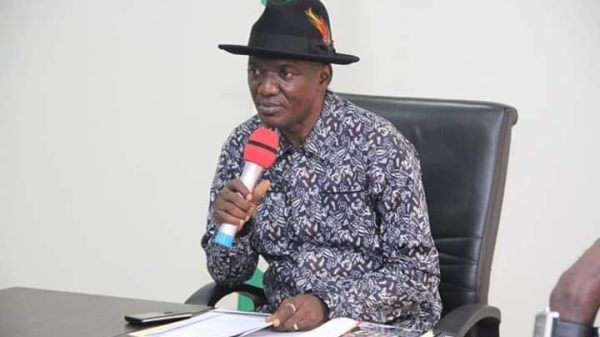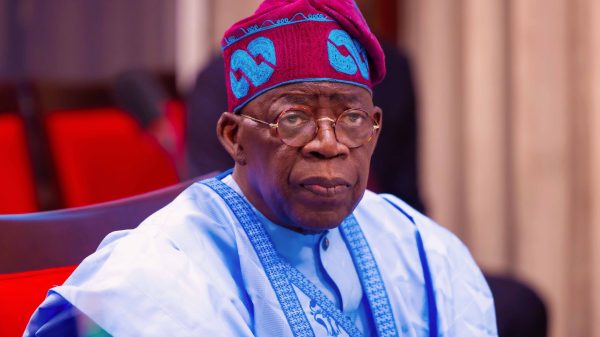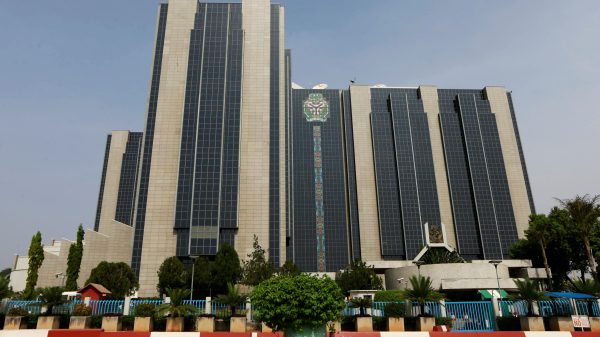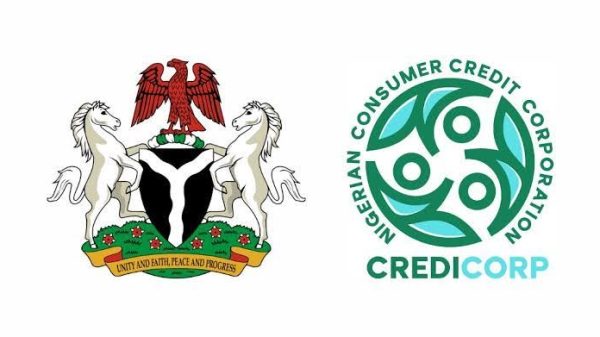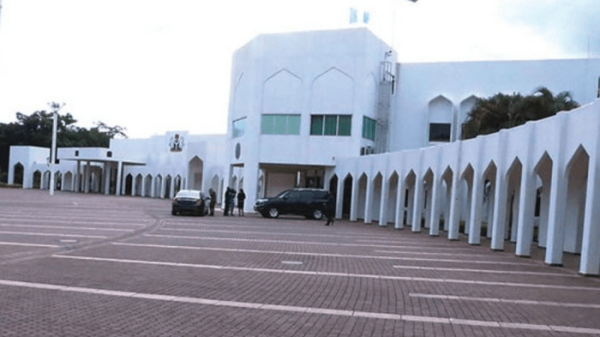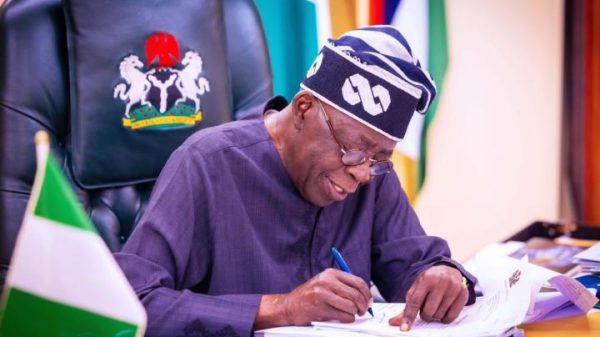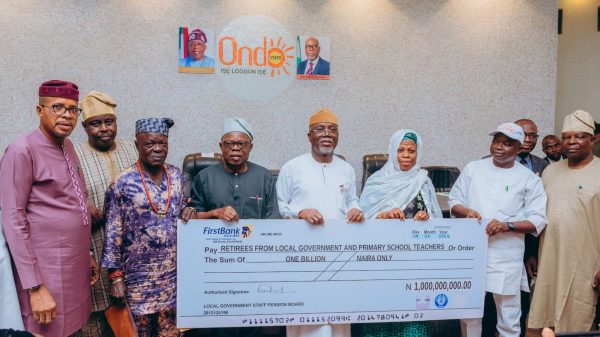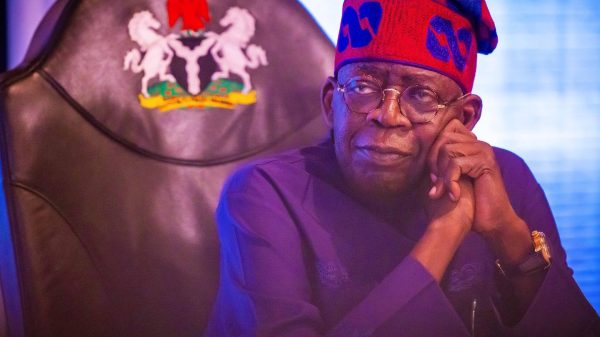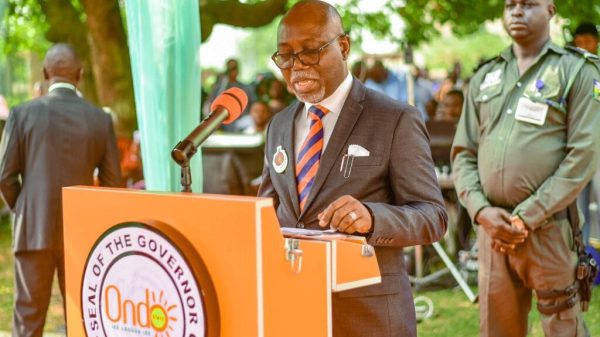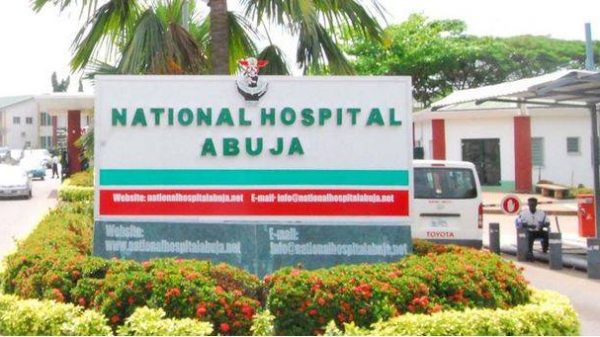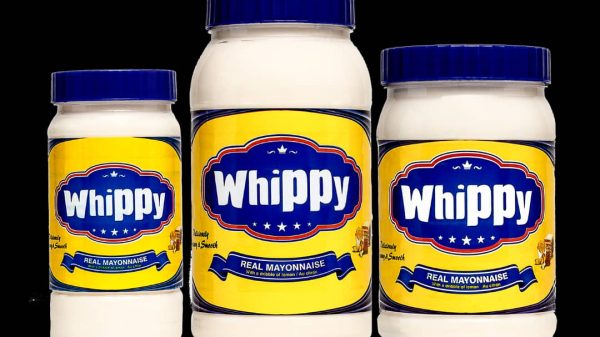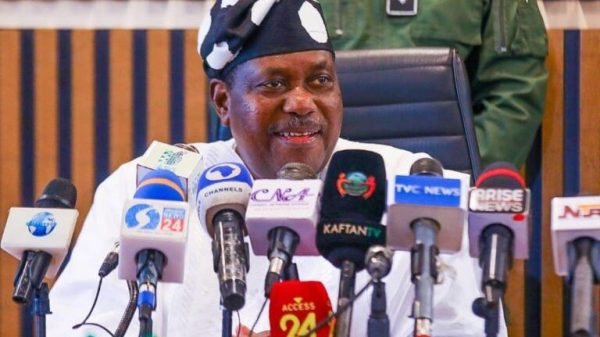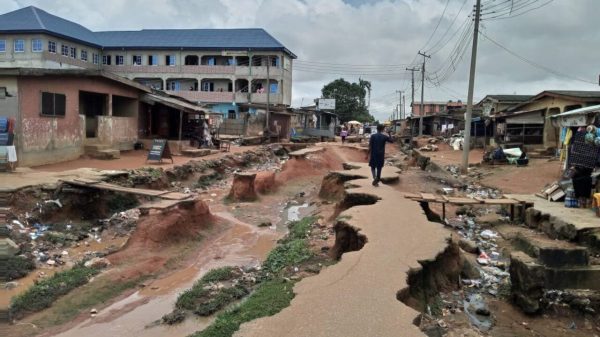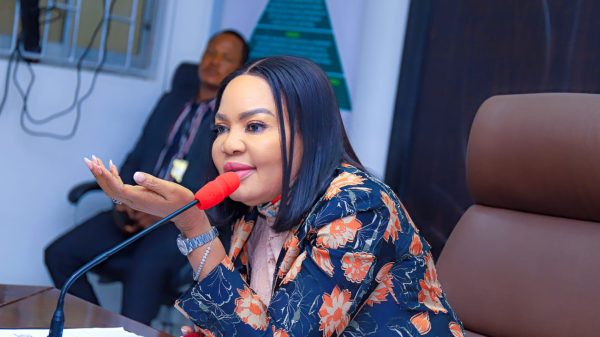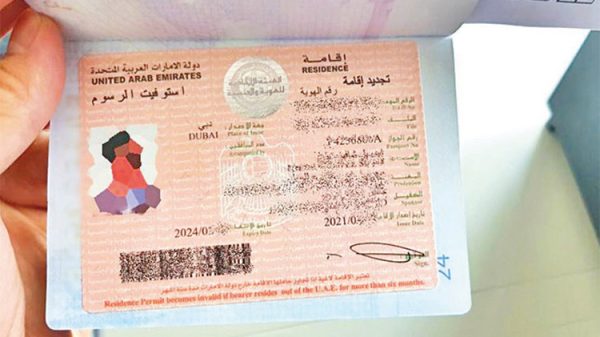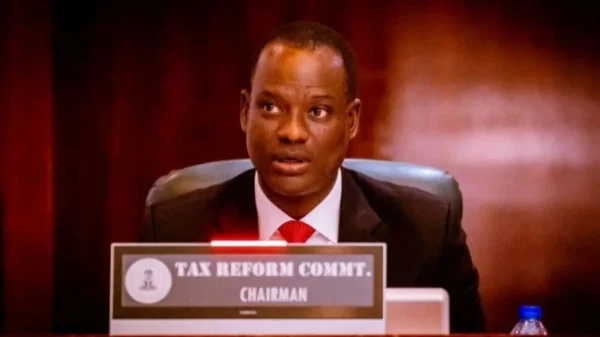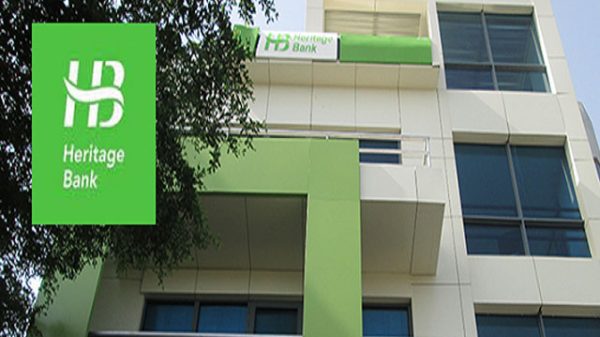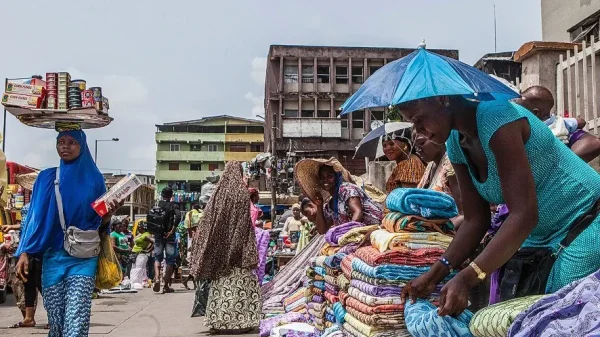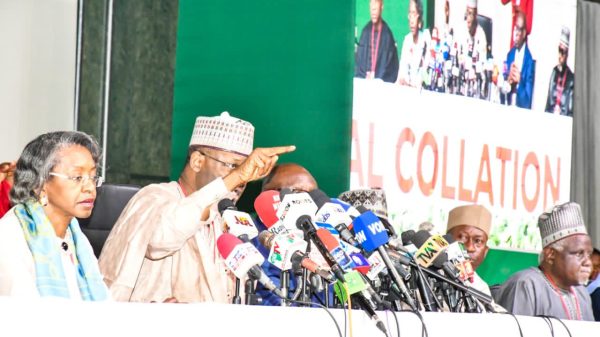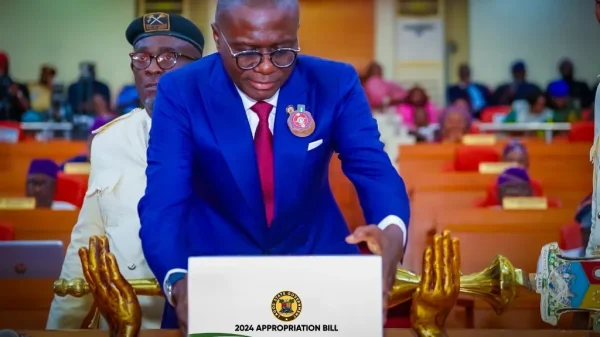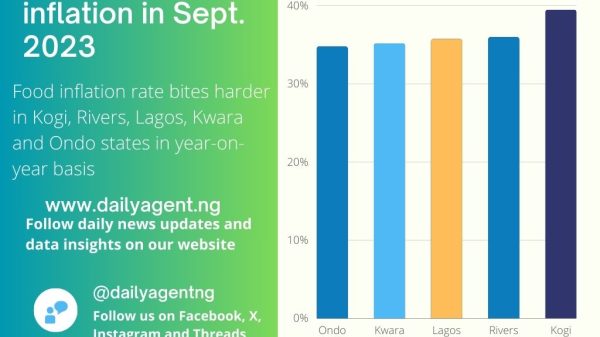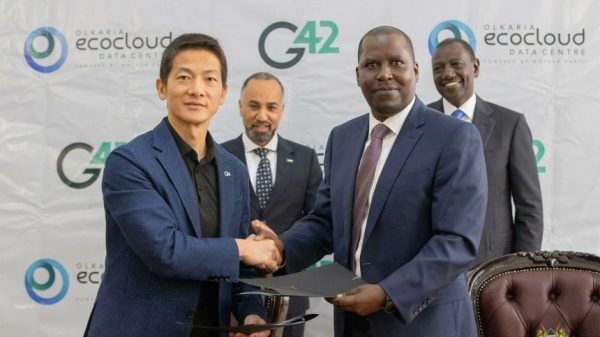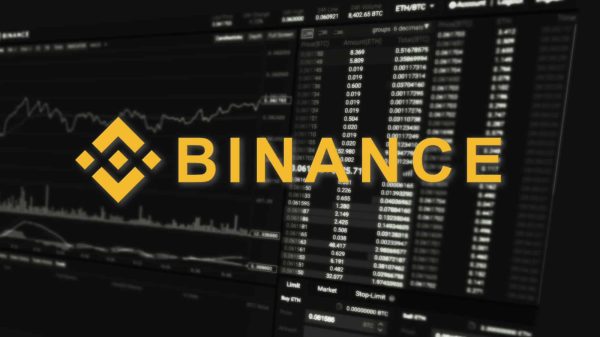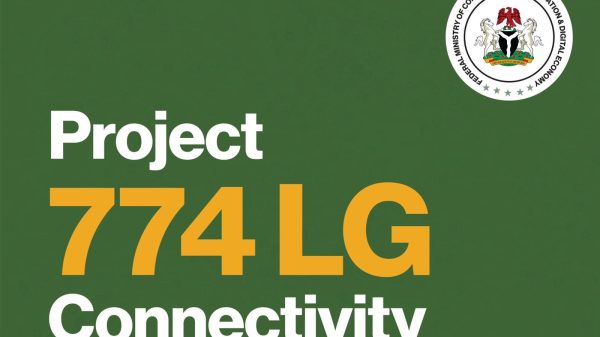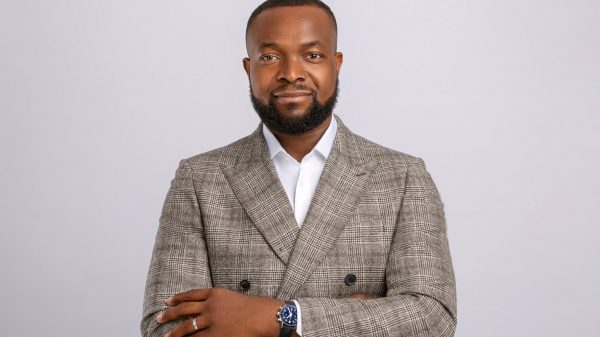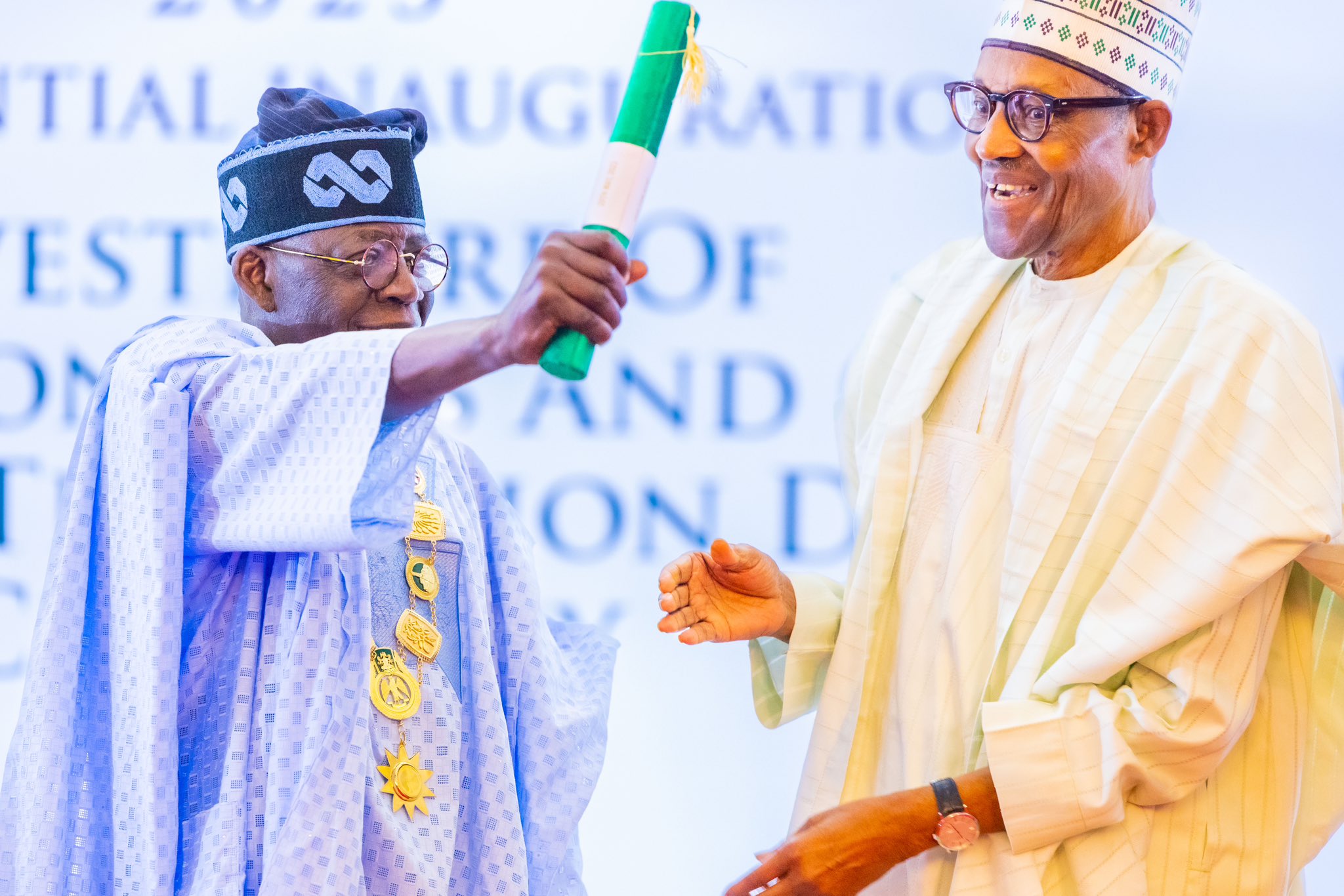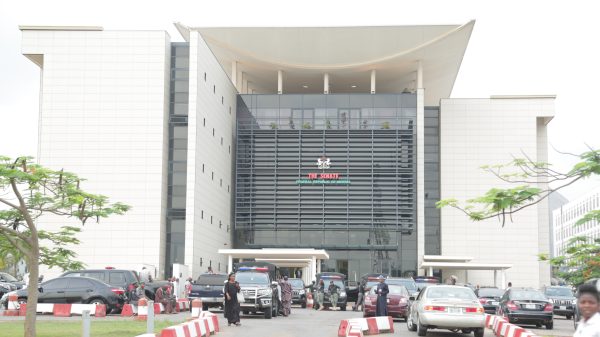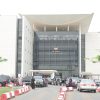Bola Ahmed Tinubu has been sworn-in as the sixteenth president of Nigeria.
Muhammadu Buhari was elected and re-elected in 2019.
After the much inauguration fanfare, Tinubu has economic issues to battle with which include a high debt profile, inflation, insecurity and poverty amongst others.
Last year, the National Bureau of Statistics (NBS) said 133 million Nigerians are living in multidimensional poverty.
Revenue vs debts analysis in Buhari’s 8 years in office
Data from the budget office shows that the Buhari-led administration generated total revenue of N26.67trn but incurred N60.64trn expenditures.
These data show that the government of Buhari have a deficit of N33.97trn to deal with. During the eight years period, the government financed the deficits through domestic and foreign debts.
According to the Debt Management Office (DMO), the federal government’s domestic debt rose from N8.84trn as of December 2015 to N44.91tn as of May 2023.
The external (foreign) debt has also risen from $7.35bn in December 2015 to $37.2bn in May 2023.
As the domestic and external loans were not enough, the government also approached the Central Bank of Nigeria (CBN) for “Way and Means” borrowing amounting to N25trn.
Way and Means (WMs) is a provision in the CBN Act that allows the federal government to borrow from the apex bank if it needs short-term or emergency finance to fund delayed government expected cash receipts of fiscal deficits.
In eight years, the Buhari-led administration moved Nigeria’s debt profile from N42tn to N77tn—making debt servicing rise significantly from N1.06trn in 2015 to N5.24trn in 2022.
In the first quarter of 2022, debt servicing surpassed revenue by N310bn. The fiscal decisions of the administration led to a situation where the debt-service-to-revenue ratio grew from 29% to 96%.





